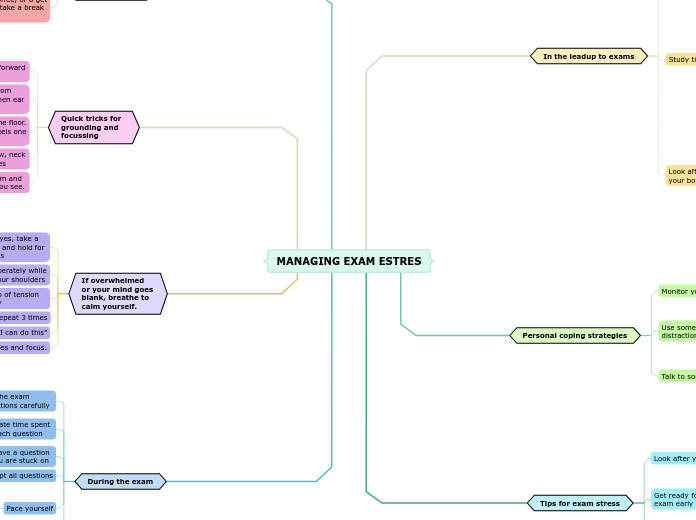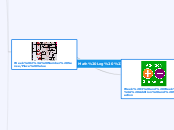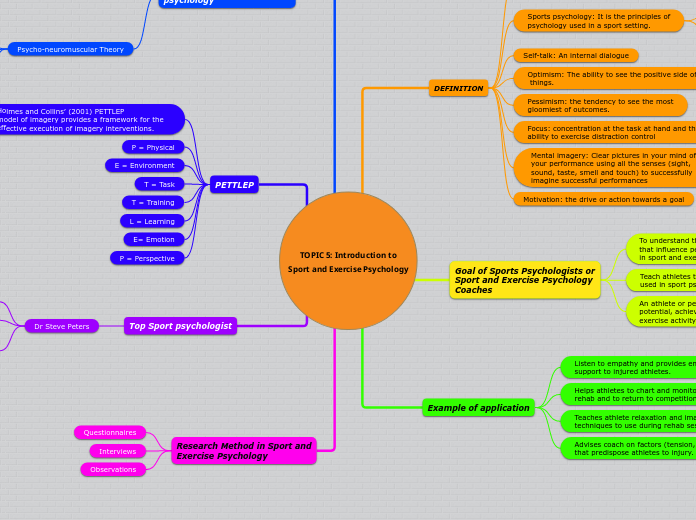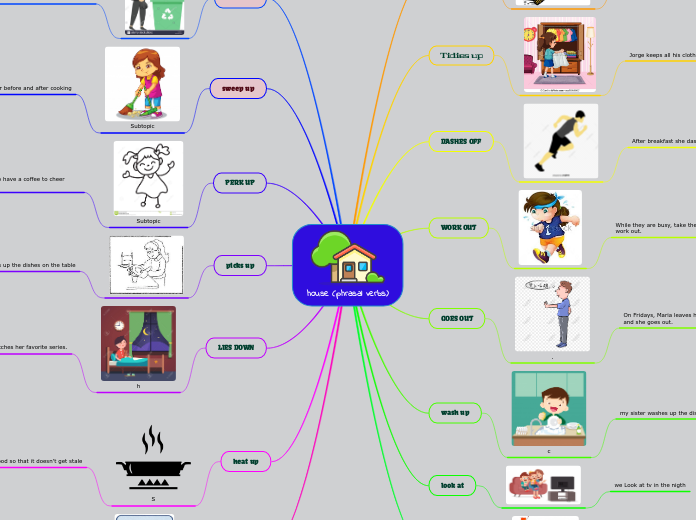по Isabella Hincapié 3 лет назад
193
MANAGING EXAM ESTRES
Exam stress can be managed effectively through a combination of techniques and strategies tailored for different phases of the exam process. After the exam, it is crucial to reassure oneself and avoid self-criticism.









